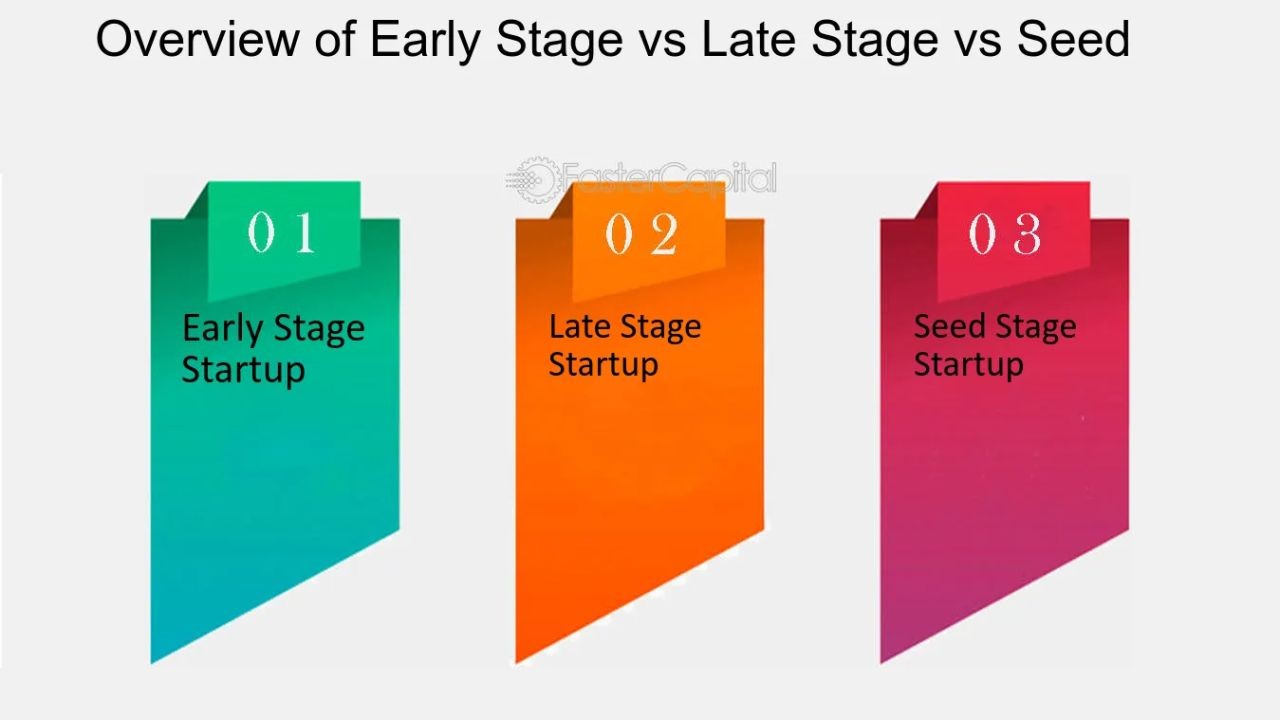In the fast-evolving landscape of artificial intelligence (AI), New Zealand stands at an intriguing crossroads. While Silicon Valley is often heralded as the global epicenter of technology and innovation, New Zealand is emerging as a notable player in AI development. As a venture capitalist, understanding how these two regions compare in terms of AI leadership offers valuable insights for strategic investments. This article delves into the nuances of AI development in New Zealand versus Silicon Valley, offering a comprehensive analysis that is crucial for investors and stakeholders.
Understanding AI Development: New Zealand vs. Silicon Valley
To comprehend the current AI landscape, it's essential to recognize the unique contexts of New Zealand and Silicon Valley. Silicon Valley, with its dense concentration of tech giants and startups, benefits from an ecosystem rich in venture capital, talent, and innovation. In contrast, New Zealand, with its smaller scale, focuses on niche applications of AI, particularly in agriculture, healthcare, and logistics, leveraging its strengths in these sectors to build competitive advantages.
AI in New Zealand: A Growing Force
New Zealand's AI development is characterized by strategic government support and a focus on sustainable and ethical AI. The country's AI Strategy, developed in collaboration with the Ministry of Business, Innovation and Employment (MBIE), highlights the importance of AI in driving economic growth and improving societal well-being. A report from MBIE indicates that AI could increase New Zealand's GDP by up to NZD 54 billion by 2030.
One significant advantage for New Zealand is the country's robust data privacy laws and ethical AI framework. The emphasis on responsible AI development ensures that innovations align with societal values, which is increasingly important in global markets.
Silicon Valley: The Epicenter of AI Innovation
Silicon Valley continues to lead the global AI sector, driven by its unparalleled access to capital, talent, and cutting-edge research. The region is home to some of the world's largest tech companies like Google, Apple, and Facebook, which collectively invest billions in AI research and development. This concentration of resources fosters rapid innovation and commercialization of AI technologies.
However, the Valley's focus is often criticized for prioritizing profit over ethics, leading to concerns about privacy and data security. This presents an opportunity for regions like New Zealand, which prioritize ethical AI, to differentiate themselves in the global market.
Comparative Analysis: Key Metrics and Insights
Investment and Funding
In terms of investment, Silicon Valley dwarfs New Zealand with venture capital investments in the billions. According to PitchBook, Silicon Valley startups raised approximately USD 45 billion in 2022 alone. In contrast, New Zealand's venture capital market is smaller but growing, with a focus on strategic investments in technology sectors, as highlighted in a report by the New Zealand Venture Investment Fund (NZVIF).
Despite its smaller scale, New Zealand's investment strategies are increasingly focused on sustainable and high-impact technologies, offering unique opportunities for investors seeking long-term value creation.
Talent and Education
Silicon Valley's talent pool is vast, drawing from top universities and attracting global expertise. However, New Zealand is making strides in education and training, with institutions like the University of Auckland and Victoria University of Wellington offering specialized programs in AI and data science. The New Zealand government also invests in upskilling initiatives to build a future-ready workforce, recognizing the critical role of talent in AI development.
Real-World Case Study: AgriTech Innovations in New Zealand
New Zealand's AgriTech sector provides a compelling case study of AI application. Kiwi startup Halter, for instance, uses AI to create wearable technology for cows, enabling remote herd management and improving farm efficiency. This innovation not only reduces labor costs but also enhances animal welfare—a critical consideration in New Zealand's agriculture-driven economy.
Problem: Traditional herd management is labor-intensive and time-consuming.
Action: Halter developed AI-powered collars that guide cows using sound and vibrations, allowing farmers to manage herds remotely via an app.
Result: Halter's technology has reduced labor costs by up to 50% and increased milk production by 20%.
Takeaway: This case underscores the potential of AI in transforming traditional industries, presenting lucrative investment opportunities.
Pros vs. Cons: AI Development in Both Regions
Pros of AI in New Zealand:
- Ethical AI Framework: Focus on responsible AI development.
- AgriTech Leadership: Innovative applications in agriculture.
- Government Support: Strategic policies and funding initiatives.
Cons of AI in New Zealand:
- Limited Scale: Smaller market size compared to Silicon Valley.
- Talent Gap: Need for more specialized AI experts.
Pros of AI in Silicon Valley:
- Funding Abundance: Access to significant venture capital.
- Research and Innovation: Hub for global AI advancements.
Cons of AI in Silicon Valley:
- Ethical Concerns: Issues related to data privacy and security.
- High Competition: Intense competition for talent and resources.
Debunking Common Myths
Myth: "AI will eliminate all jobs in New Zealand."
Reality: While AI will automate certain tasks, it is expected to create new job categories, particularly in AI management and data analysis, as indicated by a report from the Reserve Bank of New Zealand.
Myth: "New Zealand can't compete with Silicon Valley."
Reality: New Zealand's focus on niche markets and ethical AI gives it a competitive edge in specific sectors like AgriTech and healthcare, offering unique investment opportunities.
Future Trends and Predictions
Looking ahead, several trends are likely to shape AI development in New Zealand and Silicon Valley:
- Increased Collaboration: Expect more partnerships between New Zealand and global tech hubs to leverage complementary strengths.
- Focus on Sustainability: AI solutions addressing climate change and sustainability will gain prominence, driven by New Zealand's commitment to environmental responsibility.
- AI in Healthcare: New Zealand will continue to innovate in healthcare AI, improving patient outcomes and reducing costs.
Conclusion
In the race for AI leadership, both New Zealand and Silicon Valley bring distinct strengths to the table. While Silicon Valley leads in scale and investment, New Zealand's emphasis on ethical and sustainable AI presents a compelling value proposition for investors. By understanding these dynamics, venture capitalists can make informed decisions to capitalize on emerging opportunities in both regions.
As AI continues to evolve, staying informed and adaptable is crucial. What are your thoughts on the future of AI in New Zealand? Share your insights below!
People Also Ask
- How does AI development impact businesses in New Zealand?
AI development in New Zealand enhances business efficiency and competitiveness, particularly in AgriTech and healthcare, with companies reporting significant productivity gains.
- What are the biggest misconceptions about AI in New Zealand?
One common myth is that AI will eliminate jobs, but it is expected to create new roles, particularly in technology management and data analysis.
- What are the best strategies for implementing AI in New Zealand?
Experts recommend focusing on niche applications, leveraging government support, and prioritizing ethical AI practices for successful implementation.
- Who benefits the most from AI development in New Zealand?
AI development benefits industries such as agriculture, healthcare, and logistics, driving innovation and operational efficiency.
Related Search Queries
- AI development New Zealand
- Silicon Valley vs New Zealand AI
- AI investment opportunities in NZ
- New Zealand AI startups
- Ethical AI practices in New Zealand
- AI in agriculture New Zealand
- Future of AI in New Zealand
- AI talent in Silicon Valley
































yongnlu0484596
8 months ago